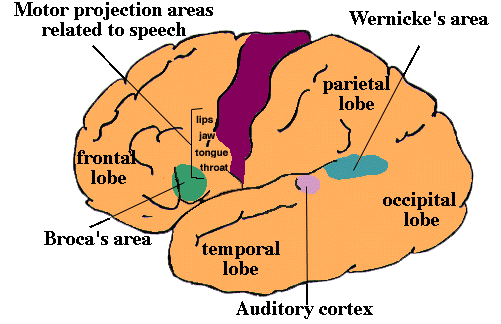The impairment of speech and communication suffered by many individuals in the wake of a stroke can take a significant toll on both the stroke survivor as well as their caregivers and loved ones.
Recent studies have dedicated more focus to the psychological, emotional and social implications of a person who has suffered a stroke (Doyle et al., 2003). Interestingly but not surprisingly, not only are stroke survivors themselves found to suffer from decreased sense of well being and quality of life, but their caregivers as well.
For the client with a stroke, the BOSS scale assesses communication difficulty, psychological distress associated with communication difficulty, and positive and negative mood as a result. Similarly, for the caregivers, the Carer Communication Outcome After Stroke (Carer COAST) has been used in the UK to assess how caregivers are coping with their new role in much the same capacity- namely, emotional and psychological well being, personal sense of well-being and quality of life (Long et al., 2009).
So, how can speech-language pathology help?
The research shows that the caregivers, family, and friends of a stroke survivor can benefit just as greatly from Speech-Language Therapy and counseling as the stroke survivors themselves. Specifically, education around the communication deficits as well as care-giver communication training are important to provide when conducting intervention.
According to Brunner et al. (2008), 28-50% of people admitted to hospital following a stroke experience Aphasia (a language disorder causing difficulty in production and delivery of speech), and 51% of patients are affected by dysphagia (difficulty swallowing).
Brunner et al. (2008) show the progress made by stroke survivors following Speech-language intervention, revealing significant improvement in all areas. The study shows that the more hours spent by clients and their caregivers with a speech pathologist, the greater their improvement in all areas of quality of life (i.e., in their communication, in their activities, in their participation in life, social-emotional well-being etc). (Brunner et al. 2008, p.310).
Written by: Kimberly Thomson, Head Researcher at Simone Friedman Speech-Language Services
Sources:
Brunner, Melissa, Jemma Skeat, and Meg E. Morris (2008). Outcomes of speech-language pathology following stroke: Investigation of inpatient rehabilitation in the home programs. International Journal of Speech-Language Pathology, 10(5), 305-313.
Doyle, Patrick J., Malcolm R. McNeil, and William D. Hula (2003). The Burden of Stroke Scale (BOSS): Validating patient-reported communication difficulty and associated psychological distress in stroke survivors. Aphasiology 17(3), 291- 304.
Long, Andrew, Anne Hesketh, and Audrey Bowen (2009). Communication Outcome After Stroke: a new measure of the carer’s perspective. Clinical Rehabilitation 23, 846-856.



